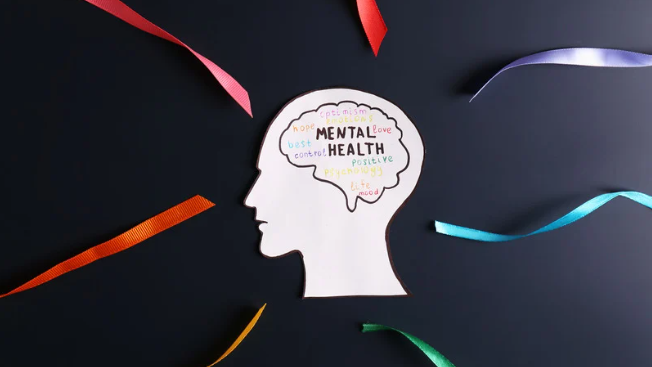Social media has transformed how young people communicate, but it’s also created new risks. Mental health professionals and researchers are now exploring how artificial intelligence (AI) can be used to detect early signs of distress in online behavior.
This approach is promising, but also controversial. At CyberSafely.ai, where we develop AI-powered tools for digital safety, we believe that any mental health monitoring must be grounded in ethics, privacy, and empathy.
How AI Mental Health Monitoring Works
AI systems scan public posts, captions, and even images for early warning signs of emotional distress. These tools analyze:
- Language patterns (e.g., hopelessness or self-harm language)
- Posting frequency and withdrawal
- Tone or sentiment shifts over time
- Visual signals, such as dark or symbolic imagery
The goal is to catch changes before they escalate, giving caregivers or support systems the chance to step in.
Where It’s Being Used
While still developing, these AI models are already being tested in:
- Suicide prevention and crisis helplines
- Academic research programs
- School wellness pilots
- Platform-level content moderation tools
At CyberSafely.ai, we’ve integrated similar early-alert features into our Smart Keyboard and social media monitoring tools to help parents stay informed, without invading their child’s privacy.
Ethical Risks to Consider
As with any emerging technology, AI-driven mental health monitoring comes with real concerns:
- Over-flagging due to misinterpretation of slang, humor, or cultural nuances
- Missed cases if the user masks distress in subtle ways
- Unclear data policies around who sees flagged content and what happens next
- Consent and transparency, especially when minors are involved
At CyberSafely, we’ve addressed this by giving parents full control over how alerts are delivered and ensuring that our AI only flags verified red flags, not every emotional post.
The CyberSafely Approach
We don’t believe in fear-based surveillance. We believe in collaborative digital safety, where AI provides early insight and families remain in control.
Our mission is simple: to help parents recognize red flags sooner, and respond with understanding, not punishment.
The CyberSafely platform is built around:
- Ethical AI that respects context and intent
- Parent dashboards that surface real risks, not false alarms
- Tools that promote conversations, not control
Final Thoughts
AI can absolutely help detect mental health crises online. But it should never act alone.
Human connection, responsible design, and emotional intelligence still matter, especially when kids are involved.
At CyberSafely.ai, we’re building tools that keep those values front and center. Because the smartest technology is the kind that keeps kids safe, and connected.

